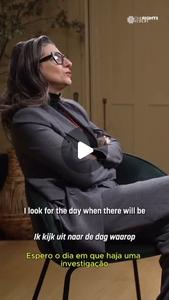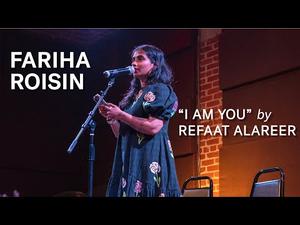
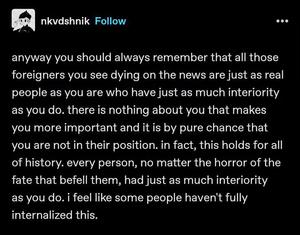
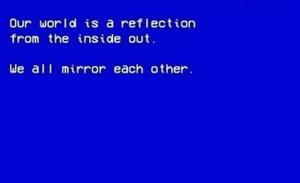
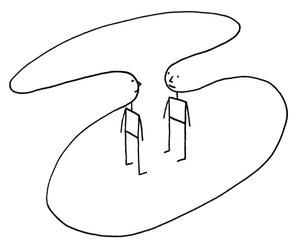
"You don't love others out of virtue. You love them because the line between them and you collapses. I'm not going to hate that person. I wouldn't hate myself if I were them."
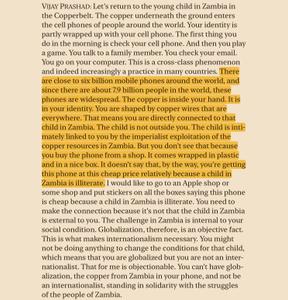
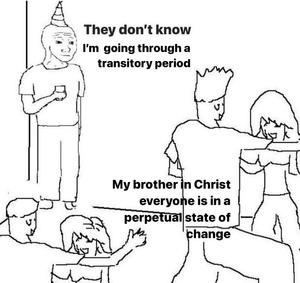
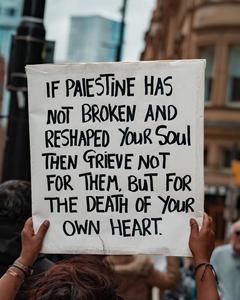

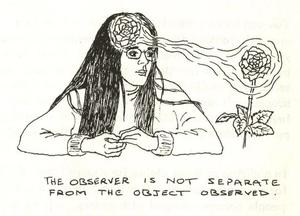
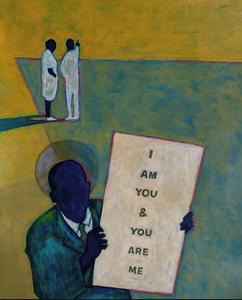
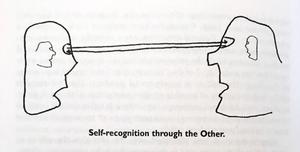
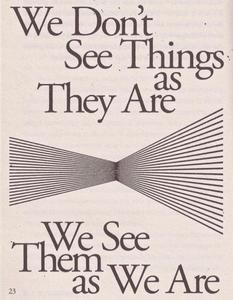
A large part of politics can be seen as a search for belonging, which is a fundamental human need.
"Steering people away from fascism—a common response to political and societal dysfunction—requires an answer to the need for belonging. Fascism seeks a bonding network: one that brings together people from a homogeneous group. Its antithesis is the bridging network: one that brings together people from different groups."
Monbiot and Hutchison:
We are also, among mammals, the supreme cooperators, able to work together toward common ends in far more complex and preemptive ways than other mammals can. These are the central, crucial characteristics of humankind: our astonishing altruism and cooperation. But something has gone horribly wrong.
Our good nature has been thwarted by several forces—not least of which is the dominant political narrative of our times, one that motivates us to live in competition with one another. It encourages conflict, drives us to fear and...
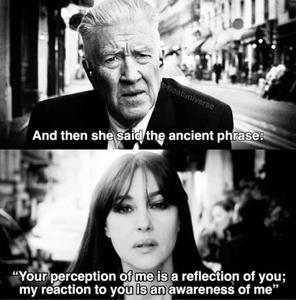
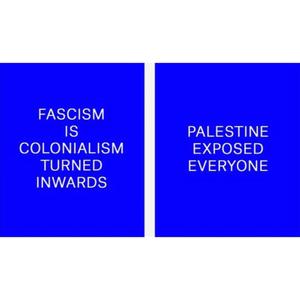
“A person is a person through other persons”
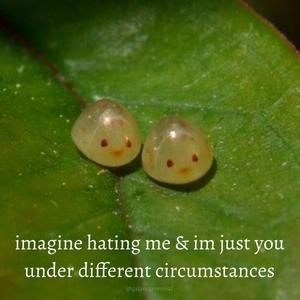
"Are those your children?" "Yes."
—Wistawa Szymborska, "Vietnam" (trans. Stanistaw Baranczak and Clare Cavanagh)
Recognition is to perceive what we have known all along but have yet to confront
The novel A Heart So White, by the Spanish writer Javier Marías, begins with the words “I did not want to know but I have since come to know.” Encased in this “I did not want to know” is an already-knowing. The reversal hastened by recognition functions only on account of an accumulation of knowledge, knowledge that has not been confronted. That’s why it’s re-cognition; ana-gnorisis: knowing again. In an interview, Marías said that while for some the novel “is a way of imparting knowledge,” for him “it is more a way of imparting recognition of things that you didn’t know you knew. You say ‘yes.’ It feels true even though it might be uncomfortable.” To recognize something is, then, to perceive clearly what on some level you have known all along, but that perhaps you did not want to know.
— Isabella Hammad, Recognizing The Stranger (2024)
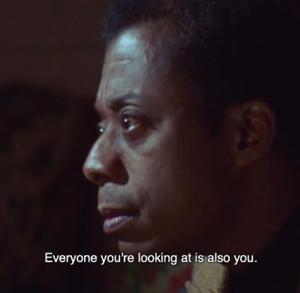
"Every Bombed Village is my Hometown"
by James Baldwin during the Vietnam war
And every dead child is my child.
Every grieving mother is my mother.
Every crying father is my father.
Every home turned to rubble
is the home I grew up in.
Every brother carrying the remains
of his brother across borders
is my brother.
Every sister waiting for a sister
who will never come home
is my sister.
Every one of these people are ours,
just like we are theirs.
We belong to them
and they belong to us.

